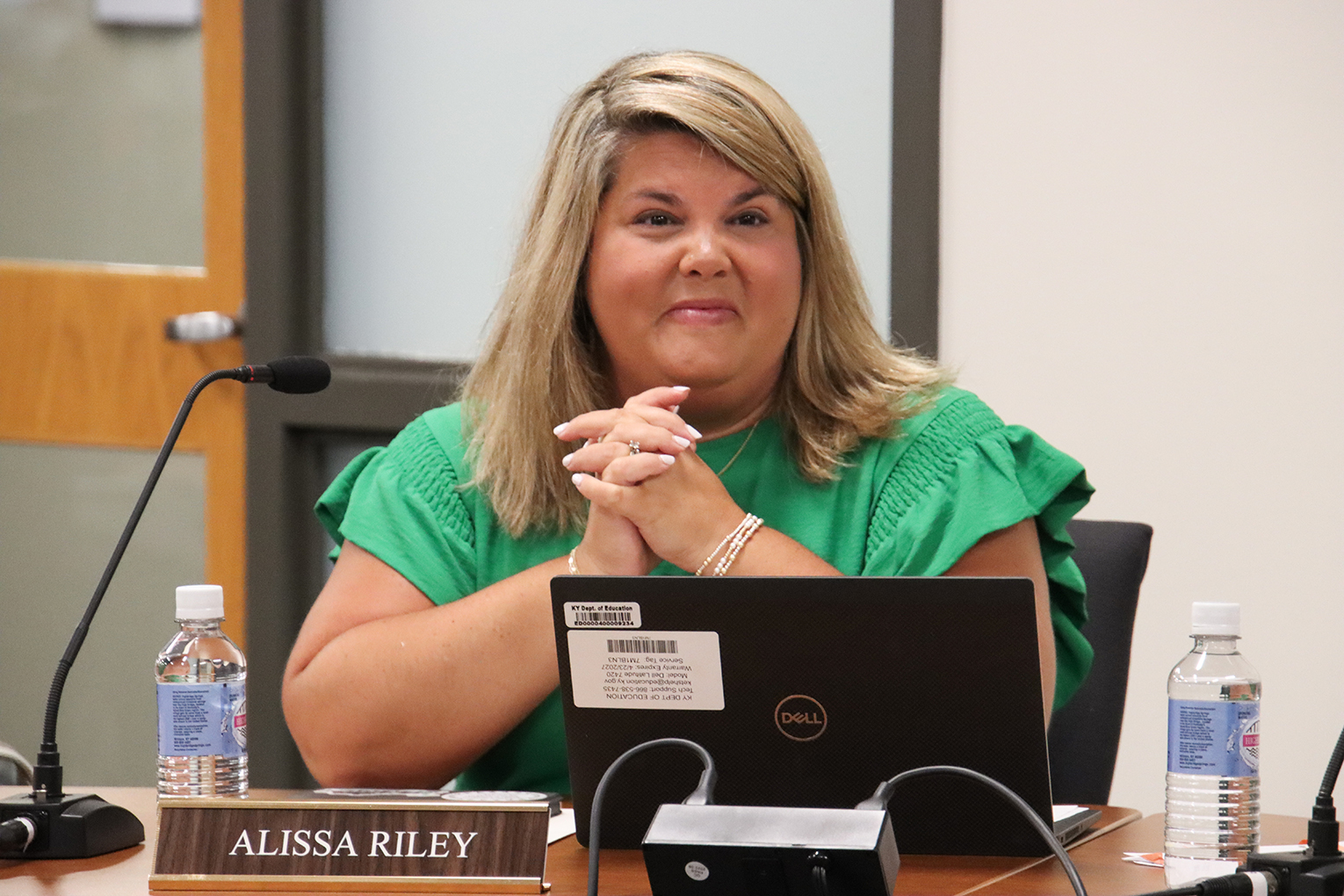A lot of emphasis has been placed on student empowerment in the classroom, but less attention has focused on student empowerment in the school as a whole. One way to empower students in the school is through the development of a student government with the power to impact school policies. Many student government groups function as purely social groups with activities oriented toward school spirit. While fostering a collective school identity is important in the development of a school community, such groups typically are devoid of any real decision-making power.
Why is being able to impact the school so important? First, having a legitimate student government provides hands-on, authentic learning experiences for students that imitate the larger political framework they will encounter outside of school. By learning the dynamics of such systems within the school context, students are more likely to be able to navigate and impact change in our political system.
Second, participation in student government enhances student achievement, not just in civics, but in general. While many studies confirm the validity of that assertion, in particular the CIRCLE research by professors Davila and Mora (2007) shows the positive impact, especially on female students.
Next, as we hear increased talk of “21st-century skills” and being “college- and career-ready,” we must move beyond the narrow interpretation of technology competency to include a more expansive idea of students being participatory citizens at local, state, national, and global levels. Fostering increased civic competence is essential.
Finally, and most importantly, student governments can improve not just the learning of the students who are active participants in the group, but also the school as a whole. Students should be viewed as partners in creating change in schools. Too often students are not considered stakeholders within the educational environment, and yet they are the very consumers to whom education systems caters. Students can provide valuable insights and are often able to offer creative solutions to solve issues within the school.
A few years ago, I started advocating for the creation of a Student Senate. The group is now three years old and, of course, we continue to learn how best to address and expand our role as effective partners in the education process. Student Senate members serve on school committees where they interact with parents, teachers, and administrators. On some of the committees, students have been elected as co-chairs. Our Student Senate chairperson takes part in the School-Based Decision-Making (SBDM) Council meetings and the Student Senate has successfully proposed several new SBDM policies. For example, our students recognized an issue with the effectiveness of summer assignments. The students did not ask to ban summer assignments, but instead outlined a plan that would allow for the effective communication of summer assignments and expectations. Similarly, when there were issues with student access to the library before school, the students proposed a common-sense solution. Our school is currently in the midst of the principal selection process and the Student Senate will be hosting a forum once the finalists are named during which students will be able to ask questions of the principal candidates and then provide their feedback to the selection committee.
In a brief time period, the Student Senate has transformed the empowerment of students in our school. The Student Senate is truly the most rewarding activity I sponsor. As a social studies teacher, to see students developing their skills in problem-solving and advocacy is exciting! Seeing the great ideas and passion of our students gives me confidence that our students really can make a difference not just in our local community, but in the world.
Allison Hunt, an AP Human Geography teacher at Manual High School in Jefferson County, was selected as the 2013 Kentucky High School Teacher of the Year on Oct. 17, 2012. She and Heidi Givens, the Kentucky Elementary School Teacher of the Year, are alternating monthly column-writing duties throughout their reigns. Their columns run the last Thursday of each month.




Leave A Comment